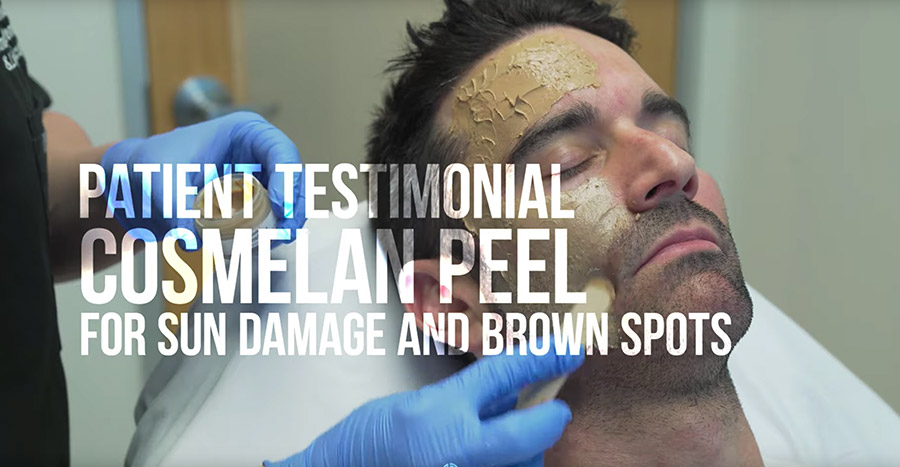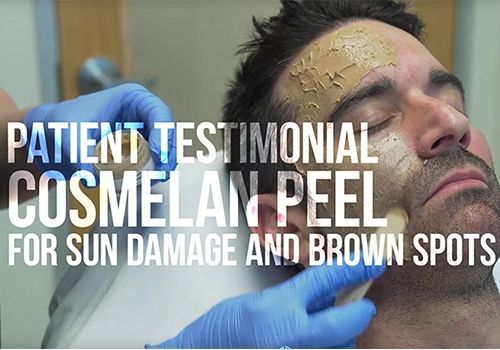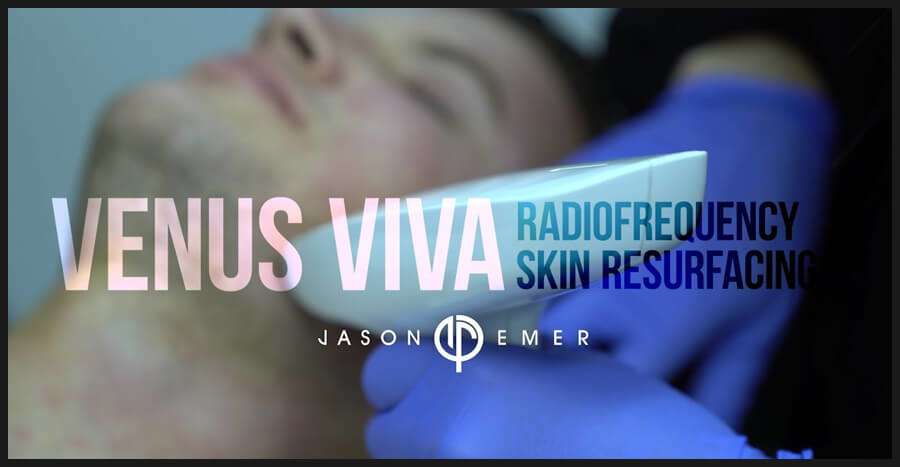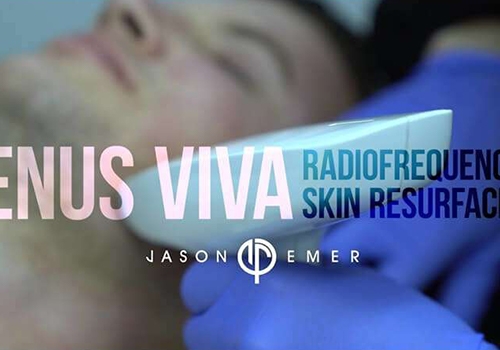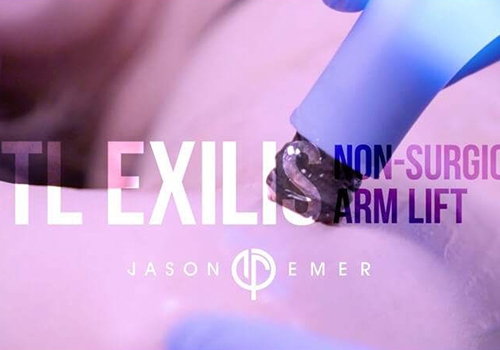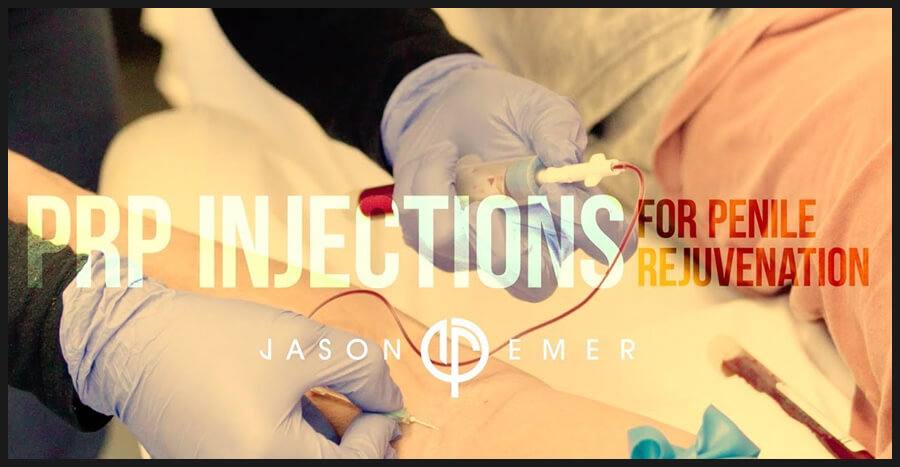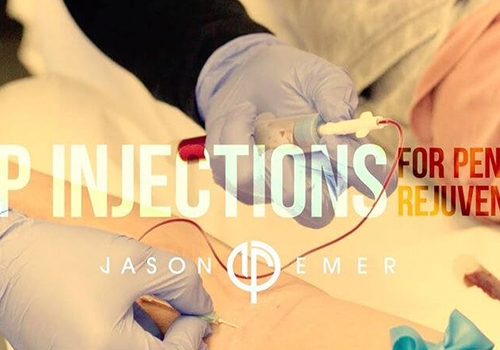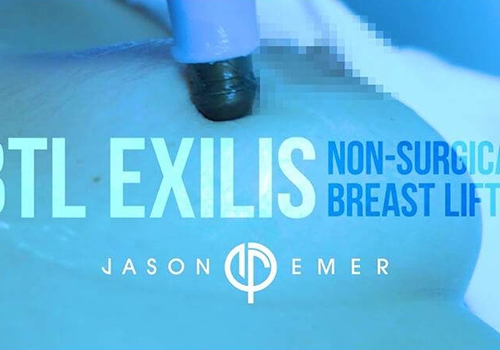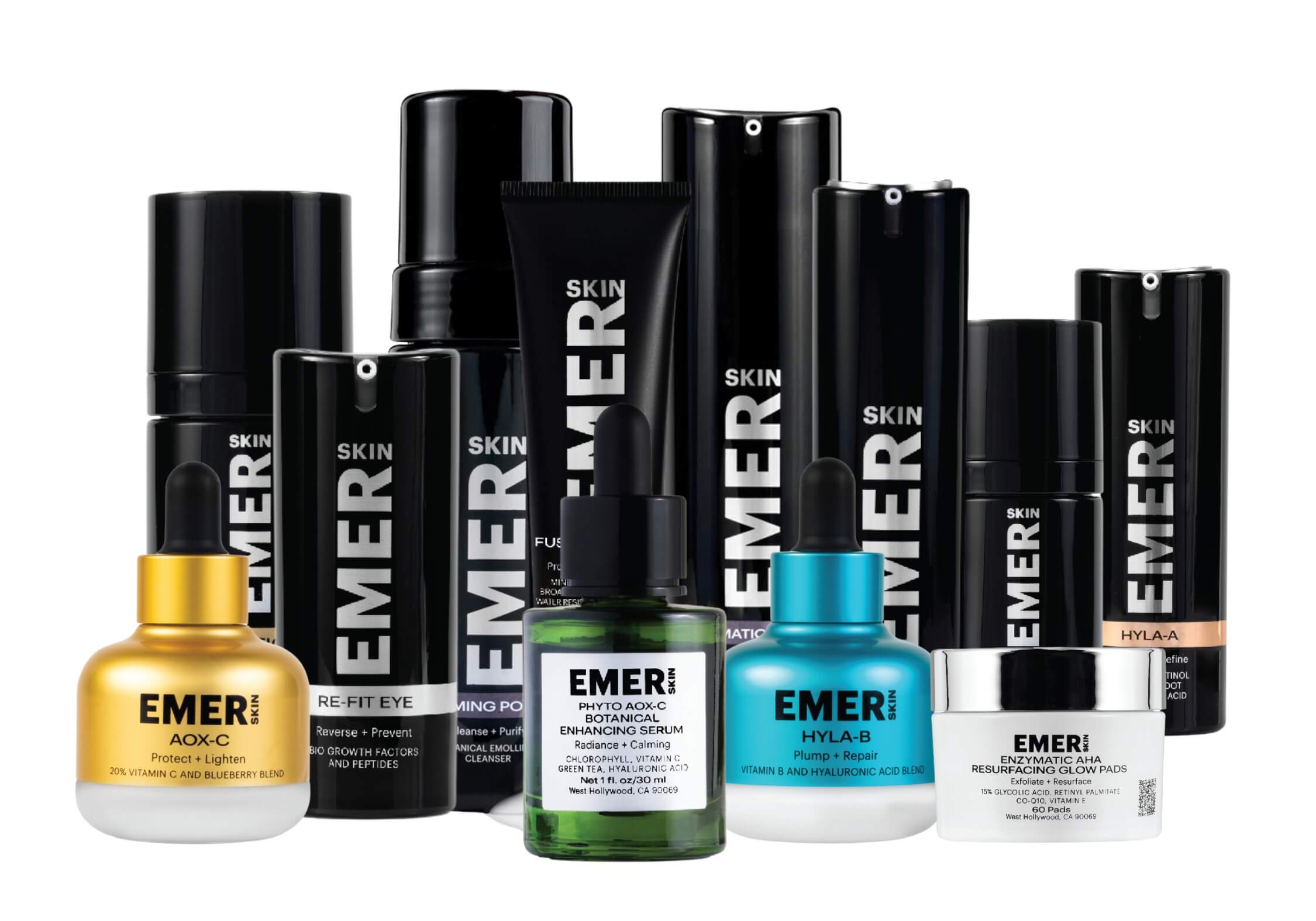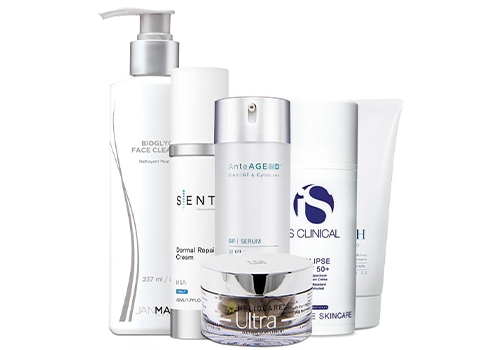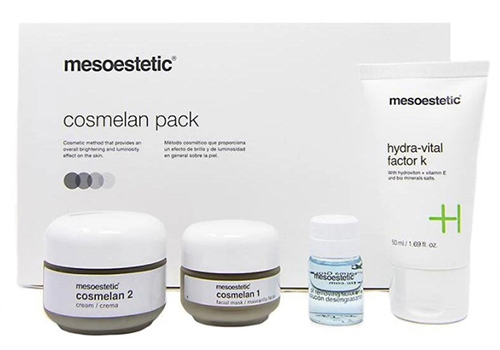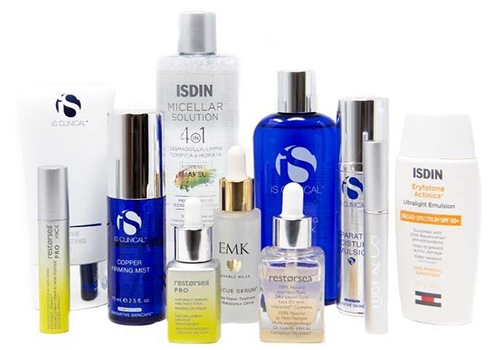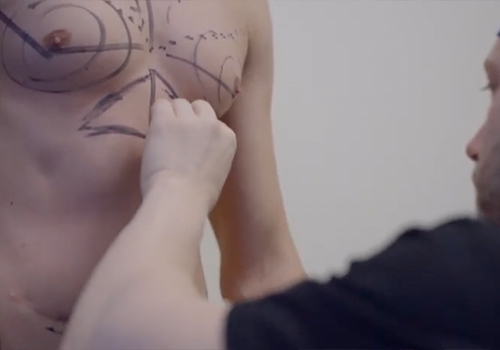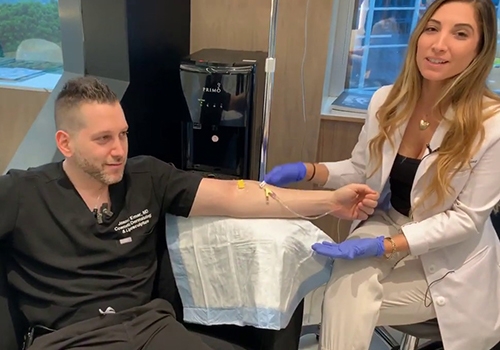Rosacea is a chronic inflammatory skin condition that primarily affects the face. It causes redness, flushing, small pus-filled bumps, and visible blood vessels, often concentrated in the central area of the face. Symptoms can flare up and subside, and rosacea can be mistaken for acne at times.
Causes: The exact cause of rosacea is unknown, but several factors are believed to contribute, including:
- Genetics: People with a family history of rosacea are more likely to develop it.
- Fair skin: Those with fair skin are more prone to rosacea.
- Triggers: Certain triggers can worsen rosacea symptoms, such as sun exposure, spicy foods, hot beverages, alcohol consumption, emotional stress, and some medications.
Treatments: There is no cure for rosacea, but treatments can help manage symptoms and reduce flare-ups. A combination approach often yields the best results.
- Identifying and avoiding triggers: Avoiding known triggers is crucial for managing rosacea.
- Skincare routine: Using gentle cleansers and fragrance-free moisturizers specifically formulated for sensitive skin can help soothe and calm the skin.
- Topical medications: Dermatologists may prescribe topical creams or gels containing metronidazole, ivermectin, or azelaic acid to reduce inflammation and redness.
- Oral medications: In severe cases, oral antibiotics or low-dose doxycycline may be prescribed to manage inflammation.
Disclaimer: Managing rosacea can be an ongoing process. While treatments can significantly improve symptoms and reduce flare-ups, complete remission may not always be achievable. Consulting a dermatologist for diagnosis, a personalized treatment plan, and identifying triggers is crucial for effectively managing rosacea.
